Editorial
Winning Right, Losing Well: The True Test of Character in Conflict
In the heat of conflict, it’s easy to get lost in the moment—to get swept away by the thrill of victory or crushed beneath the weight of defeat. But whether you find yourself as the victor or on the losing side, there’s a deeper question to consider: What kind of winner or loser are you going to be?
We live in a world where conflicts seem almost inevitable. Nations disagree, people clash over beliefs, families argue over dinner tables. The ideal solution, of course, is to avoid these conflicts altogether or resolve them peacefully. But sometimes, that’s just not possible. And when the storm has finally settled, and the dust begins to clear, it’s what comes next that truly defines us—how we respond to victory or defeat.
Imagine for a moment that you’ve emerged victorious. You’ve won, you’ve prevailed, and it’s all too tempting to take that win to the extreme—to crush your opponent, to stamp out any trace of resistance, to make sure they never rise again. But let’s think about that for a second. What does that accomplish, really? Does turning victory into complete domination make you stronger, or does it actually weaken the triumph? In crushing others beneath the weight of your win, you might just be setting the stage for your own downfall. The truth is, there is a fine line between a strong winner and a greedy one. A strong winner takes pride in their victory but leaves room for respect—even for their opponent. A greedy winner, on the other hand, is obsessed with annihilation, and in doing so, they risk losing everything they thought they’d gained.
Victory can be a fleeting thing if handled poorly. History has shown us time and time again that when one side wins and refuses to let go of their animosity, all that follows is endless cycles of vengeance and suffering. The very real lesson of World War I is that victory without respect leads to resentment and, eventually, more conflict. After the harsh terms of the Treaty of Versailles, the seeds were sown for World War II. Winning was not enough—greed and punishment turned a victory into a prelude to even greater disaster.
Now, think about the other side of the coin. Say you’ve lost—you’ve tried your best, but you couldn’t prevail. It’s easy to become consumed by bitterness. It’s easy to become a sore loser, to hold a grudge, to plot revenge, and to wait for the day you can strike back. But what kind of life is that? Being driven solely by the desire for retribution only poisons the heart and guarantees a future just as troubled as the past. Yes, losing hurts. It’s painful to fall short. But true dignity lies in being able to accept defeat without giving in to hate. It lies in knowing when to walk away, when to learn, and when to move on.
Think of the conflicts in your own life—those arguments with family or disagreements with friends. Have you ever held onto anger because you lost? Or maybe, have you ever flaunted your win, making sure the other person knew they’d been defeated? Chances are, it didn’t lead to anything good. The relationship only suffered, and the conflict just kept simmering under the surface. Winning at the cost of peace and connection is no true win at all.
This is why, in any conflict, the goal should always be to finish it—not to let it fester, not to let it continue on, eating away at everyone involved. There’s no benefit to an eternal battlefield, whether between two individuals or entire nations. Imagine if World War I or World War II had never ended, if we were still fighting the battles our great-grandparents began. What kind of world would that be? Who would benefit from it? No one.
In the end, the real strength lies in knowing when to stop. It lies in knowing when enough is enough, and in understanding that conflict, whether personal or global, needs closure. If you win, let that be enough. Respect the defeated. If you lose, let that be enough. Don’t waste your life planning revenge. Let’s strive to be better—to finish our conflicts and move forward. Because the only real winners are the ones who find a way to move on, leaving behind a path of peace, not a never-ending war.
Danny Ballan
Editor-in-Chief
English Plus Magazine
Magazine Shorts

Good Things Come to Those Who Wait, but Better Things Come to Those Who Act
Discover the meaning behind the quote “Good things come to people who wait, but better things come to those who go out and get them.” Explore how patience and action work together to achieve success.

What Does It Mean to Put Your Best Foot Forward? Exploring the Power of First Impressions
Learn what it means to put your best foot forward, why first impressions matter, and how applying this proverb can positively impact your personal and professional life.
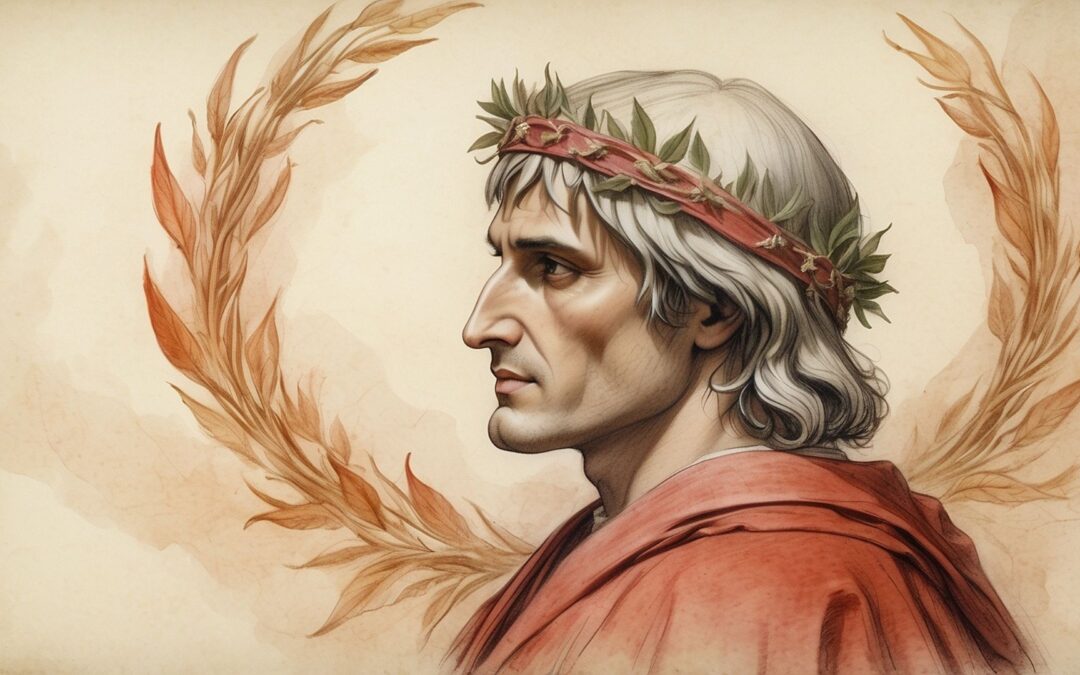
Dante Alighieri: The Poet Who Journeyed Through Heaven and Hell
Discover the life and legacy of Dante Alighieri, the iconic poet whose Divine Comedy shaped literature and continues to influence the world with its exploration of love, morality, and the afterlife.
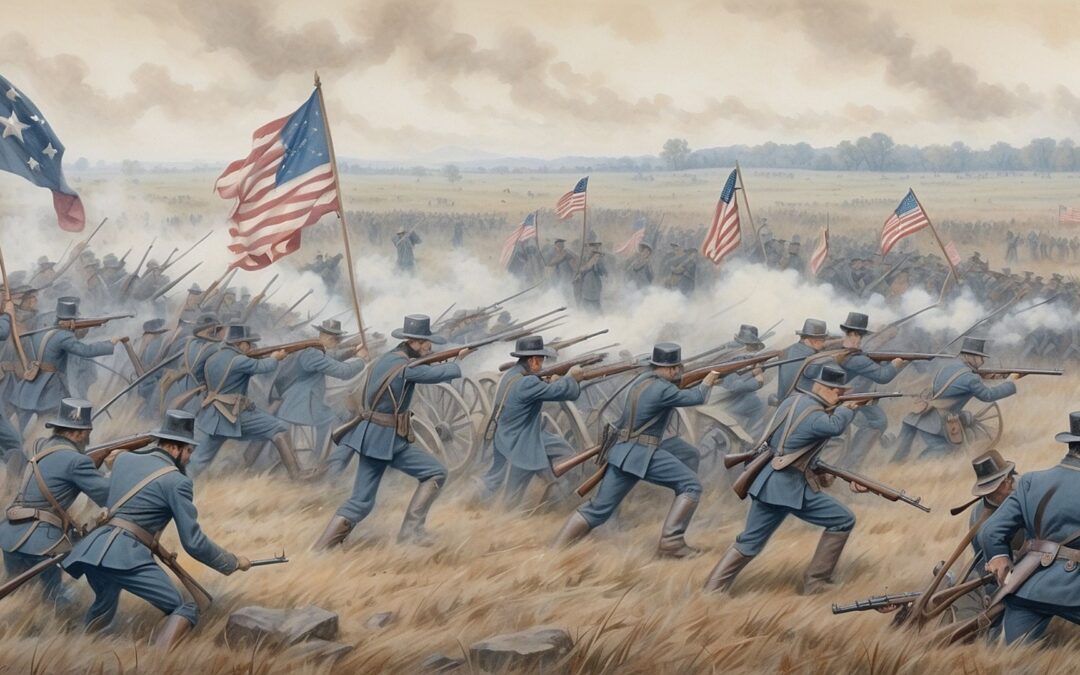
The Battle of Gettysburg: Turning Point of the American Civil War
Discover the story of the Battle of Gettysburg, a crucial turning point in the American Civil War. Learn how this fierce battle shaped history and the events that led to its outcome.
Focus on Listening

The Science of Happiness | Listening Comprehension
Explore the fascinating science of happiness and discover how relationships, mindset, and even acts of kindness can boost your well-being. Learn how to apply these research-backed strategies in your life.
Videos
Taming the Storm: Mastering Stress and Anxiety with Simple Shifts
Today we delve into the art of managing stress and anxiety. In this post, we’ll uncover the tools that can introduce calm into our daily lives. Whether it’s through box breathing, increasing endorphins, setting boundaries, or practicing mindfulness, these strategies can transform the way we face life’s pressures.
Articles

Exploring Temperate Deciduous Forests: Where Leaves Change Color with the Seasons
Discover the beauty and biodiversity of temperate deciduous forests, where leaves change color with the seasons. Learn about their unique features, plant life, and the role they play in the environment.
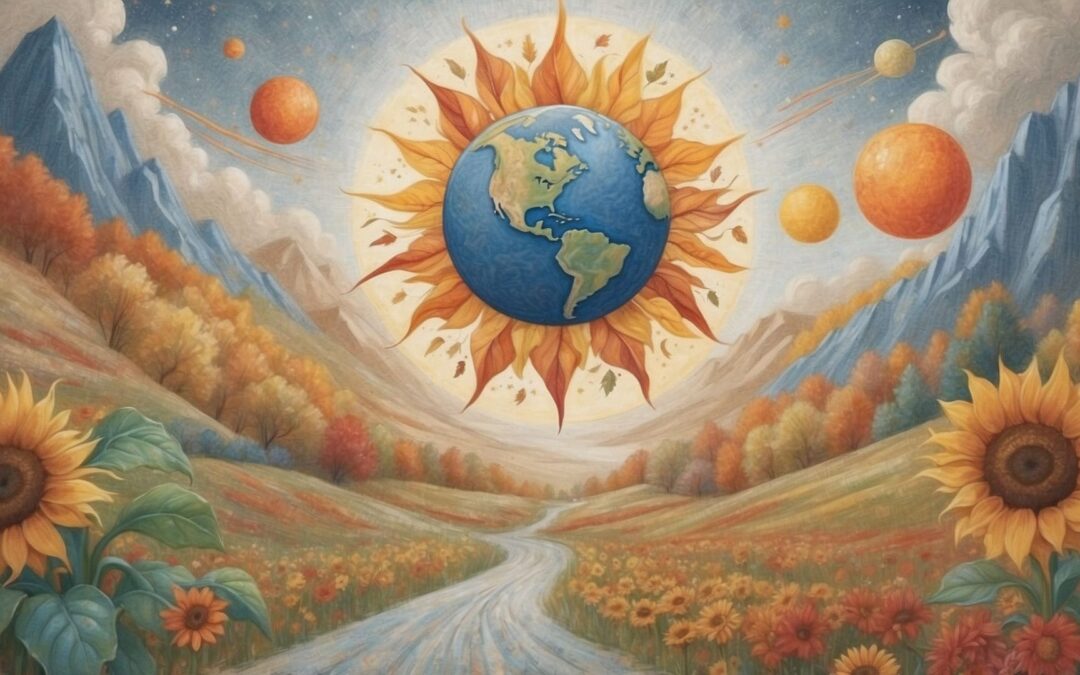
Is Earth’s Distance from the Sun Responsible for the Seasons?
Discover the truth behind the common misconception that Earth’s seasons are caused by its varying distance from the Sun. Learn what really influences seasonal changes.

Good Things Come to Those Who Wait, but Better Things Come to Those Who Act
Discover the meaning behind the quote “Good things come to people who wait, but better things come to those who go out and get them.” Explore how patience and action work together to achieve success.

What Does It Mean to Put Your Best Foot Forward? Exploring the Power of First Impressions
Learn what it means to put your best foot forward, why first impressions matter, and how applying this proverb can positively impact your personal and professional life.

The Hope Diamond Curse: A Tale of Mystery, Misfortune, and Intrigue
Discover the legend of the Hope Diamond curse, a jewel shrouded in mystery and misfortune. Explore its history, the stories of those who owned it, and whether the curse is real or just a myth.
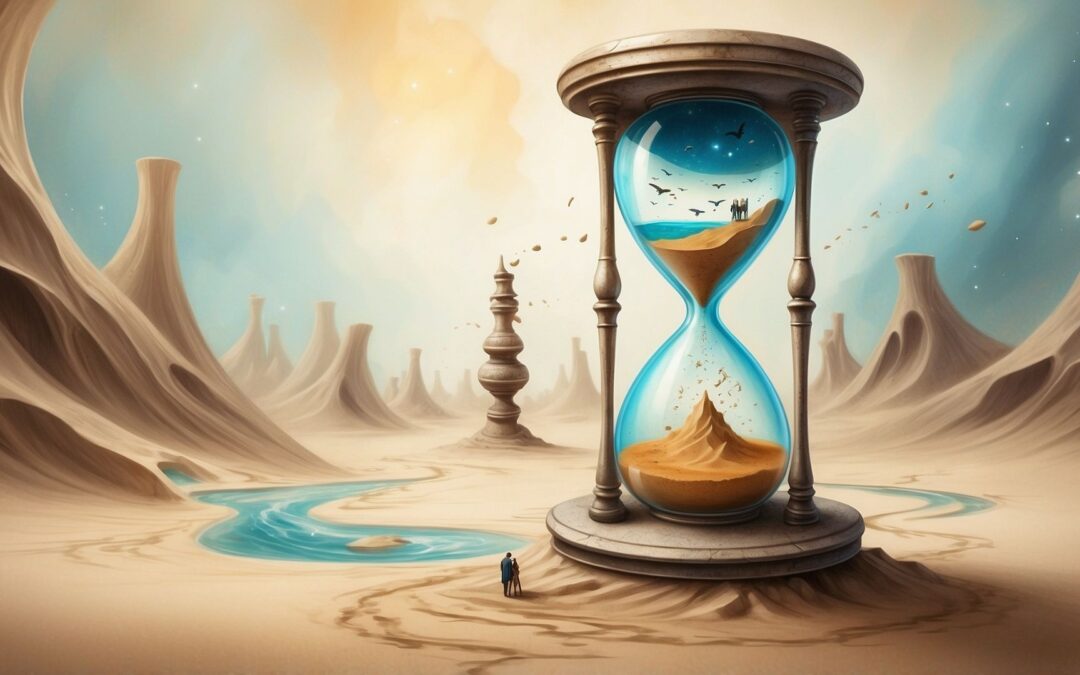
Why Do We Age and Can We Stop It? Exploring the Science Behind Aging
Discover why we age, the biological factors behind the aging process, and whether science can help us slow or even stop it. Uncover the latest research on aging and anti-aging solutions.
Quizzes
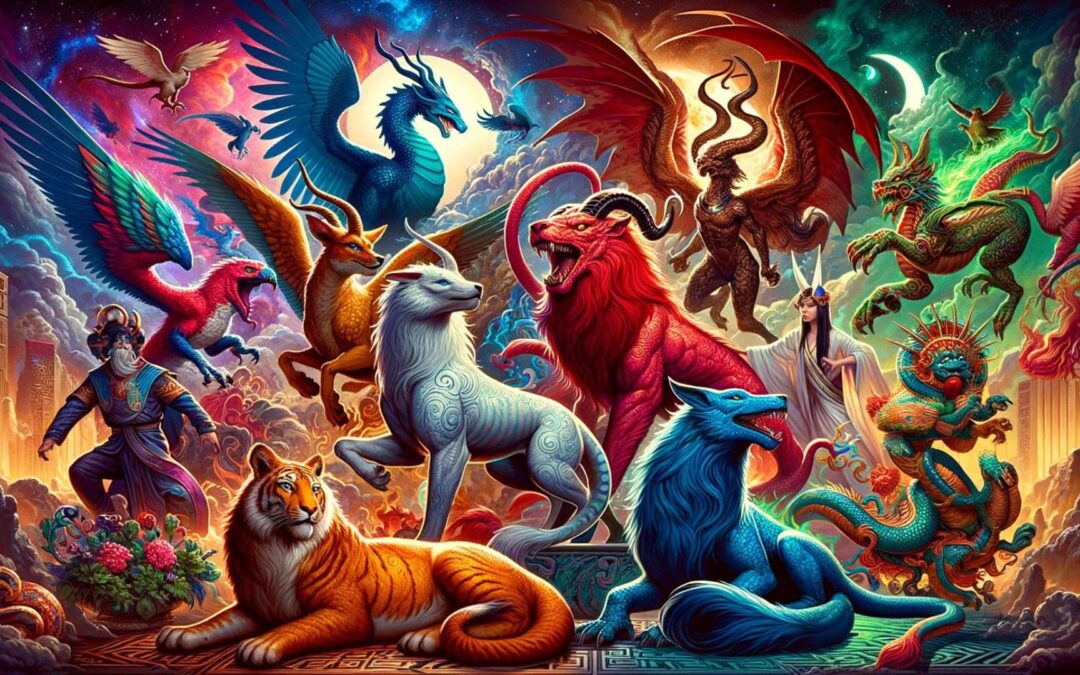
Ultimate Mythic Monsters and Creatures Quiz
Challenge yourself with our Ultimate Mythic Monsters and Creatures Quiz. Discover fascinating facts about mythical creatures from various cultures. Perfect for mythology enthusiasts!
